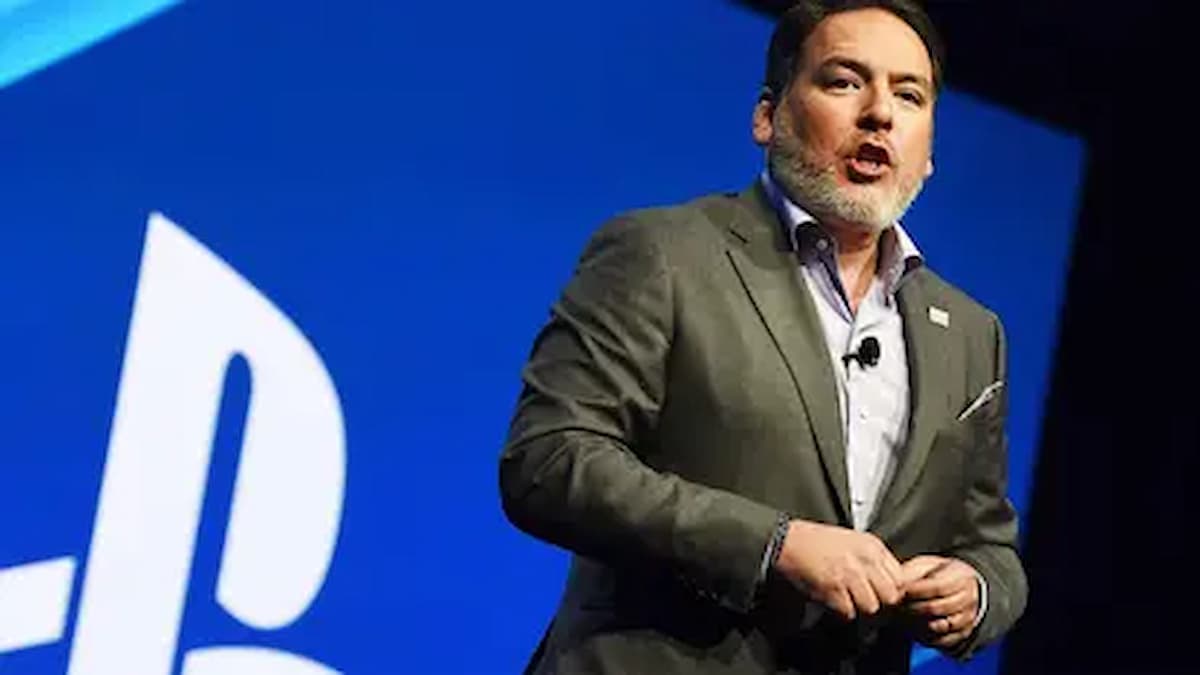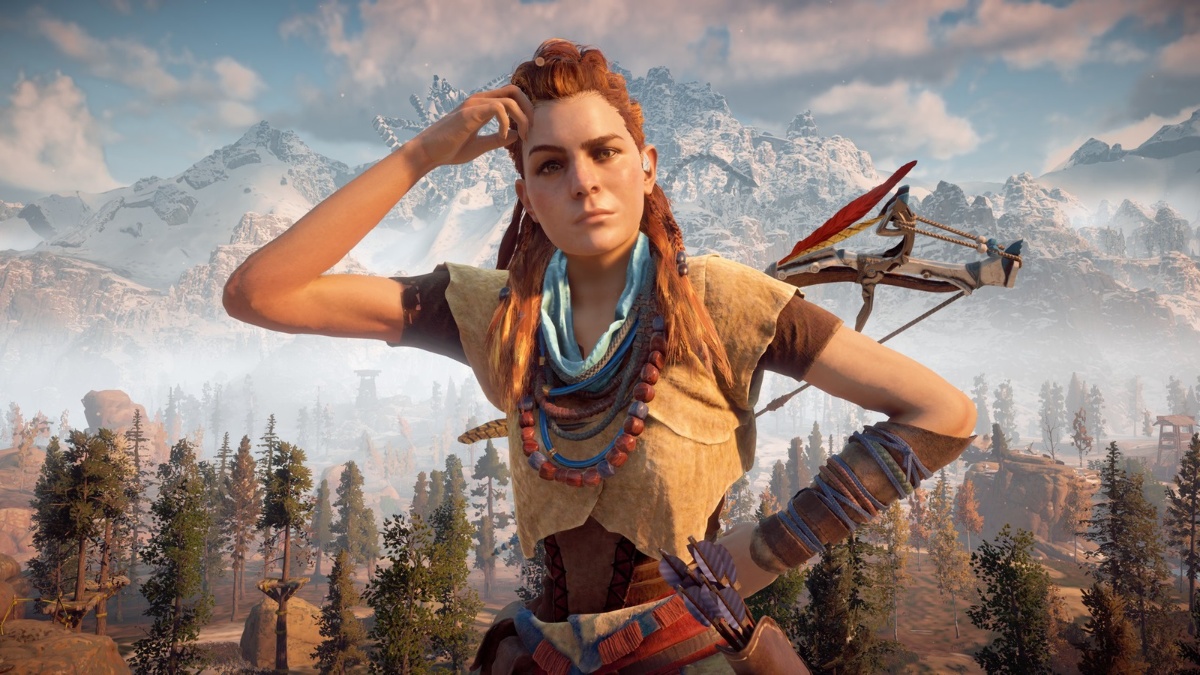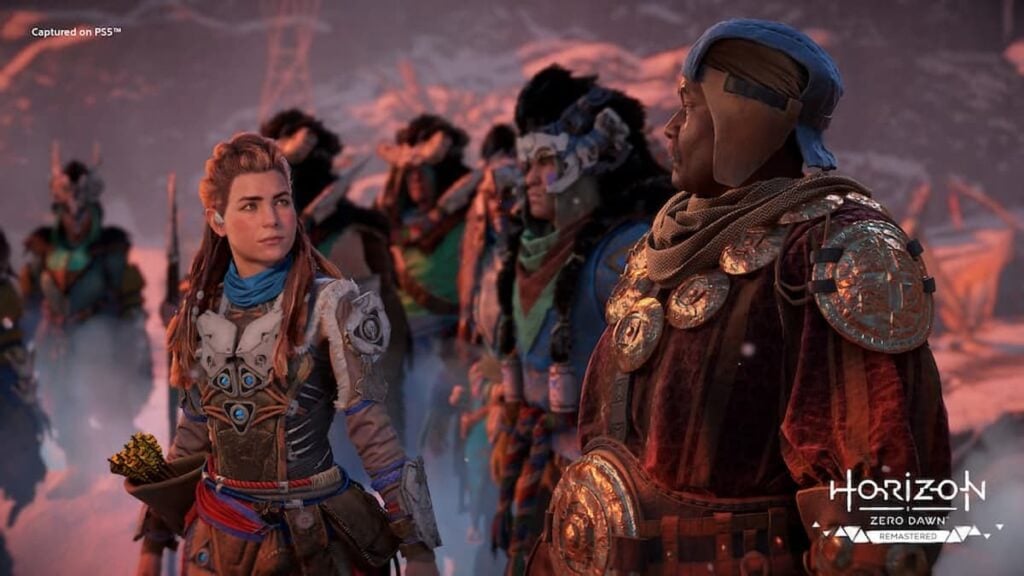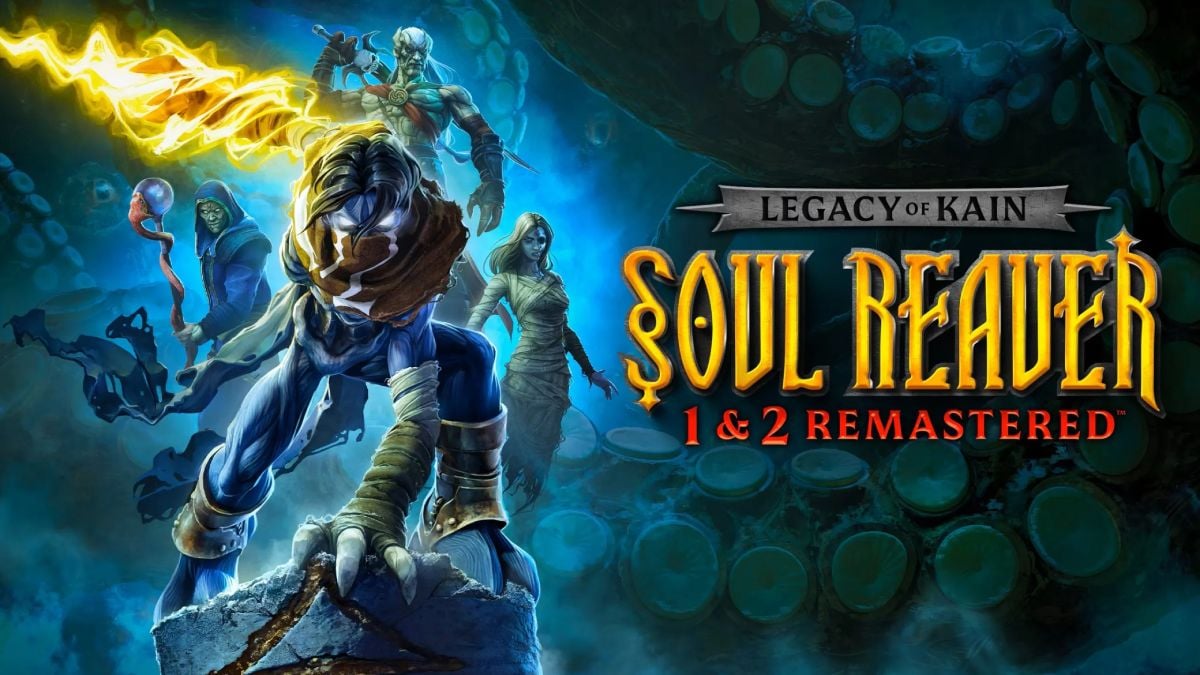Skip To...
It would be a gross understatement to say that the video game industry is going through a rocky patch. This year alone, it’s estimated that over 13,000 developers have lost their jobs, and this startling figure is likely an underestimate. 2023 wasn’t much better. Couple that with some spectacularly high-profile failures, and it’s apparent that, if not a full-on collapse, the industry is certainly experiencing a seismic directional shift. For players, the picture isn’t much prettier. We bemoan the lack of innovative AAA blockbusters and sequels to beloved franchises, while remastered games are announced on what seems like a daily basis. Well, it’s all linked. And we’re not likely to see any reduction in the rate of video game remasters for a while yet.
More Than a Blip
You only have to wind back to 2023 to see what was, arguably, one of the greatest years in gaming history in terms of releases. The Legend of Zelda: Tears of the Kingdom, Baldur’s Gate 3, Marvel’s Spider-Man 2, Hogwarts Legacy. Need I go on?
Initially, it can be hard to reconcile that incredible release schedule with the chaos that was going on behind the scenes, as over 10,000 workers lost their jobs. In fact, it got so bad so quickly that industry stalwart website GamesIndustry.biz created a new “Layoffs” section. Simply put, the reason for this dichotomy is that games take a long time to make. For big-budget AAA games, anything between three and seven years is typical. The games that were released in 2023 would have been worked on for years prior to the surge of layoffs and studio closures that are still ongoing.
The reasons for the unprecedented layoffs and studio closures are varied and complicated. Really, it’s a whole other article. In short, though, the rapid expansion of the industry during the COVID-19 pandemic, when people globally were stuck inside playing games, is a major factor. Large companies invested heavily while money was cheap and player bases booming, but it was never sustainable. Those AAA studios then reverted to cost-cutting (read: layoffs) to appease shareholders and give the illusion of perpetual growth. Worse still, even studios not on the stock market have suffered, as investors looks for safer bets. Without external funding, mid-sized studios simply cannot survive.
A Risky Business

What’s more, the video games industry has always been a notoriously risky bet. 2024 has proven this in spectacular fashion. For example, Sony first-party shooter Concord crashed and burned just weeks after release, disappearing from storefronts entirely. Even established IPs haven’t proven to be a failsafe. Ubisoft’s Star Wars Outlaws reportedly only managed to shift a million copies in its first month on sale.
Is it any wonder, therefore, that we’re seeing a notable lack of big-budget creativity and risk-taking at the moment? It’s not just us players moaning, either. Former Sony chairman Shawn Layden thinks we’re “seeing a collapse of creativity”.
The Rise of the Video Game Remaster
Enter video game remasters. What exactly constitutes a remaster is hazy. Essentially, it involves updating an existing game to bring it up to modern standards. Often, this constitutes updating the audiovisual elements and perhaps modernizing the control scheme. Occasionally, a remaster may include some gameplay tweaks.
What a remaster isn’t, however, is a new game built from scratch. Put simply, video game remasters involve far less work than new games, particularly new IPs which can’t necessarily reuse assets and systems from previous series installments. Smaller team sizes and shorter development timelines than games make remasters less financially risky than “new” games.
To be clear, I’m not against remasters in principle. They can revitalize older games and potentially test the waters for new installments in a series. I for one am very excited about the Legacy of Kain Soul Reaver remasters, for example.
Haven’t I Just Played That?

Sadly, remasters of older games require significant updating to bring them in line with modern standards. Inevitably, this generally requires more work. This is why we’re seeing remasters of relatively recent games such as Horizon Zero Dawn, a game that’s only seven years old on PlayStation and a mere four years old on PC. Horizon Zero Dawn Remastered may well bring some flourishes to an already superb game, but is it really necessary? Factor in the shady practices that Sony can’t help indulging in, quietly raising the price of Horizon Zero Dawn on PSN and requiring a PSN account for PC users, and it’s hard to imagine Horizon Zero Dawn Remastered being a roaring success.
But if you think video game remasters of recent titles are a momentary blip in release output, I’m afraid I have to disappoint you. The industry situation is decidedly bleak, with new studios making layoffs or closing down entirely on a weekly basis. Even when the situation (hopefully) starts to pick up, it’ll be a while before studios can build up their teams again to the scale required to produce AAA blockbusters in mega-series like God of War and Halo. Until then, we’re going to see many more video game remasters. Whether the barrage continues unabated largely depends on us, the gamers, and whether or not we buy what’s on offer. With even brand-new games struggling, though, it’s hard to see remasters of more recent titles saving the industry. For that, we’d need Dino Crisis Remastered. Are you listening, Capcom?








